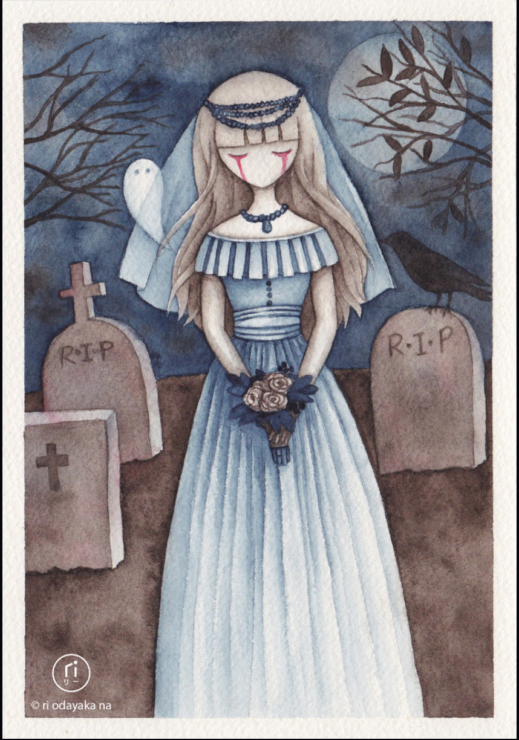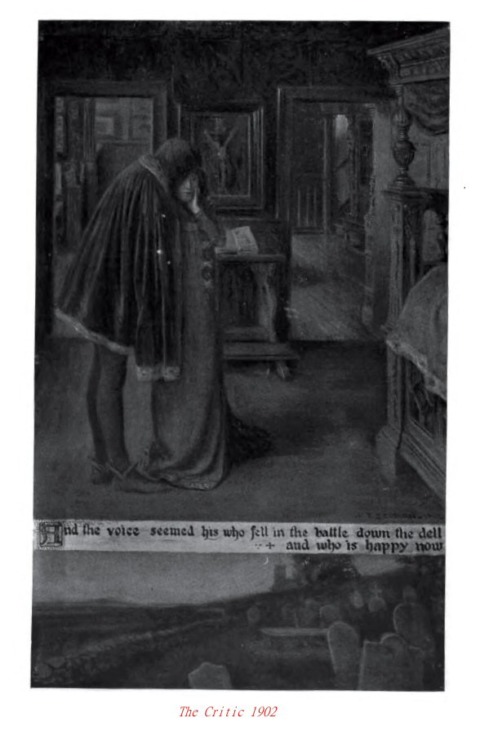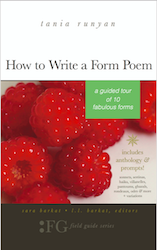< Return to Edgar Allan Poe Poems
Bridal Ballad
The ring is on my hand,
And the wreath is on my brow;
Satins and jewels grand
Are all at my command.
And I am happy now.
And my lord he loves me well;
But, when first he breathed his vow,
I felt my bosom swell—
For the words rang as a knell,
And the voice seemed his who fell
In the battle down the dell,
And who is happy now.
But he spoke to reassure me,
And he kissed my pallid brow,
While a reverie came o’er me,
And to the churchyard bore me,
And I sighed to him before me,
Thinking him dead D’Elormie,
“Oh, I am happy now!”
And thus the words were spoken,
And thus the plighted vow,
And, though my faith be broken,
And, though my heart be broken,
Behold the golden keys
That proves me happy now!
Would to God I could awaken
For I dream I know not how,
And my soul is sorely shaken
Lest an evil step be taken,—
Lest the dead who is forsaken
May not be happy now.
—Edgar Allan Poe
Enjoy Artistic Representations of “Bridal Ballad” by Edgar Allan Poe

“Bridal Ballad” by riodayakana (CC BY-NC-ND 3.0)

An illustration for the poem
Listen to Readings of “Bridal Ballad”
Listen to Musical Interpretations of “Bridal Ballad” by Edgar Allan Poe
 
That’s it for readings of Bridal Ballad by Edgar Allan Poe!
About Edgar Allan Poe
Edgar Allan Poe (1809-1849) published his first collection of poems, Tamarlane, and Other Poems, in 1827, when he was 18 years old. A tendency to run up debts (including for gambling) kept him in constant state of reinvention – college student, poet, short story writer, soldier/officer school, literary journal editor and critic.
The Poe who arises from Symons’ hand (his biographer in The Telltale Heart: The Life and Works of Edgar Allan Poe) is a man who first and foremost was determined to put Southern letters on the map, aiming to wrest control from the literary establishment in New York and New England (Poe aimed some rather pointed arrows at writers like Henry Wadsworth Longfellow). For his own writing, he wanted to be considered a poet. The poems were the important works; the stories were almost after-thoughts, almost dashed off primarily to raise funds. And he always needed money.
His personal life seemed to have stayed a general mess, but he had an enormous impact on both American and world literature. Consider the stories and poems that have been filmed, published, re-published, anthologized, celebrated and widely admired for more than 150 years: “Murders in the Rue Morgue,” “Fall of the House of Usher,” The Raven, “The Tell-Tale Heart,” Annabel Lee, “The Bells,” “Ulalame,” “To Helen.”
We associate Edgar Allan Poe with 19th century gothic. His stories are full of mystery, passion, horror, violence, death, and the supernatural. And yet his poems, especially “The Raven” and “Annabel Lee,” made him famous in pre-Civil War America and established his literary reputation.
Questions and mystery surrounded Poe’s own life and death, and continue even today – we may never know who left three roses and a bottle of cognac on his grave in Baltimore for decades until 2011 (alas, the “Poe Toaster” disappeared or died, to be seen nevermore).
You can read more about Poe’s biography in the articles Poets and Poems: Meeting Edgar Allan Poe and Forgotten Classics, The Telltale Heart by Julian Symons by Glynn Young, from which this biography was compiled.
I hope you enjoyed Bridal Ballad by Edgar Allan Poe!
BUY ‘HOW TO WRITE A FORM POEM’ NOW!
